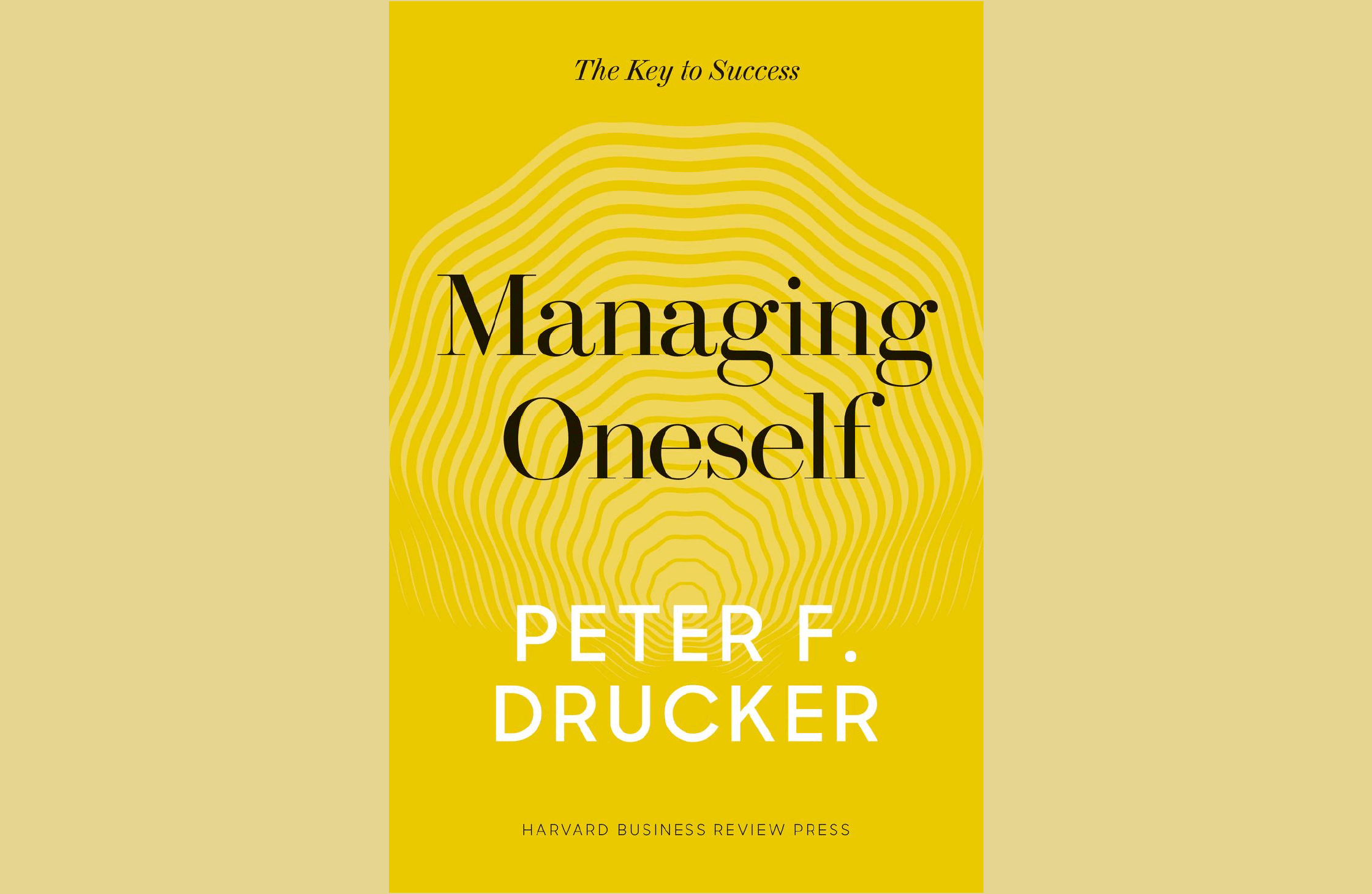How to Balance Work-life and Unlock Your Entrepreneurial Superpowers
Explore the indispensable trio for entrepreneurs: leadership, critical thinking, and personal development. Discover how these skills form the foundation of successful ventures, guided by insights from iconic figures."

Entrepreneurs stand at the forefront of innovation, spearheading ventures that can reshape industries, create jobs, and drive economies forward. Their success hinges on a robust set of competencies, primarily leadership, critical thinking, and personal development. Steve Jobs once remarked, "Innovation distinguishes between a leader and a follower." Explore why entrepreneurs prioritize these skills and how they serve as the bedrock for successful ventures.
1. Leadership: Commanding the Helm
Every ship needs a captain, and in the business world, entrepreneurs don the captain's hat. As John C. Maxwell stated, "Leadership is not about titles, positions, or flowcharts. It is about one life influencing another." Entrepreneurs provide direction, set the pace, and steer the course in the following ways:
- Setting the Vision: Entrepreneurs craft a vision that guides every strategic move. It's their job to communicate this vision effectively, recalling the words of Antoine de Saint-Exupéry: "A goal without a plan is just a wish."
- Building and Motivating Teams: Entrepreneurs take the lead in assembling teams. They inspire and motivate, turning contributors into a cohesive unit, much like Henry Ford's insight: "Coming together is a beginning, staying together is progress, and working together is success."
- Making Decisive Choices: Decision-making remains central to leadership. Entrepreneurs assess, decide, and take responsibility. As Theodore Roosevelt said, "In any moment of decision, the best thing you can do is the right thing. The worst thing you can do is nothing."
2. Critical Thinking: The Entrepreneur's Analytical Powerhouse
Entrepreneurs probe, question, and analyze. Albert Einstein's famous words echo this sentiment: "We cannot solve our problems with the same thinking we used when we created them." Their rigorous analytical approach empowers them to navigate the complex business landscape:
- Solving Problems Head-On: Using critical thinking, entrepreneurs dissect problems and formulate solutions. They tackle challenges, not sidestep them.
- Evaluating Risks Confidently: Every business decision has risks. Entrepreneurs consider and discern ventures worth the investment, epitomizing Warren Buffett's wisdom: "Risk comes from not knowing what you're doing."
- Championing Innovation: Entrepreneurs challenge the status quo and strive for unique offerings. They embody the spirit of Peter Drucker's observation: "The best way to predict the future is to create it."

3. Personal Development: The Continuous Growth Journey
As businesses evolve, so do entrepreneurs. They invest in personal development, ensuring they remain equipped to guide their ventures confidently:
- Cultivating Resilience: Entrepreneurs arm themselves with resilience. In the words of Winston Churchill, "Success is not final, failure is not fatal: It is the courage to continue that counts."
- Fostering Self-awareness: Entrepreneurs recognize their capabilities and seek assistance where gaps exist, reminiscent of Socrates' assertion, "To know thyself is the beginning of wisdom."
- Prioritizing Continuous Learning: Stagnation spells doom in business. Entrepreneurs remain perpetual students, echoing Mahatma Gandhi's sentiment: "Live as if you were to die tomorrow. Learn as if you were to live forever."
The Entrepreneurs Balancing Act
In the business domain, mastering the triad of leadership, critical thinking, and personal development often distinguishes thriving entrepreneurs. For those in the know, it's clear that these elements don't just operate in isolation. They work in tandem, propelling businesses forward. So, let's unpack how entrepreneurs actively engage with these competencies and practically balance them in their everyday endeavors.
Actively Balancing Leadership, Critical Thinking, and Personal Development
Knowing the importance of each competency is one thing; applying them in a balanced manner is another. As the renowned businessman and philanthropist Warren Buffet once said, "It's not about having the right mix of assets but having the right mix of values." Here's how astute entrepreneurs actively ensure a harmonious balance:
1. Merge Skills Development
They understand the interconnectivity of these skills is critical. Improving communication skills, for instance, directly boosts leadership capabilities. By designating specific times for each area, entrepreneurs ensure they're always at the top of their game. Stephen Covey, the author of The 7 Habits of Highly Effective People, aptly remarked, "The key is not to prioritize what's on your schedule, but to schedule your priorities."

2. Align Focus with Business Phase
Different business stages demand other skills. Startups might crave leadership while scaling ventures necessitate incisive critical thinking. Reflecting on this, the founder of Virgin Group, Richard Branson, advised, "Life is all about balance. Since I found my passion and started Virgin, I've never felt I've been working." By gauging the business's current needs and blending them with personal passion, entrepreneurs can adjust their focus accordingly.
3. Commit to Regular Learning
Scheduled workshops, courses, or training sessions aren't just optional; they're essential. Rotating systematically between the three competencies ensures a comprehensive growth trajectory. In the words of Albert Einstein, "Life is like riding a bicycle. To keep your balance, you must keep moving." This sentiment especially rings true for entrepreneurs in their constant pursuit of knowledge and growth.
4. Delegate Strategically
Trusting team members isn't a sign of weakness; it's a strength. By delegating specific tasks, entrepreneurs free up time to focus on overarching strategies or personal growth initiatives. Recalling the wisdom of Dhirubhai Ambani, the founder of Reliance Industries, "If you don't build your dream, someone else will hire you to help them build theirs." Entrepreneurs understand the importance of delegation to manifest their visions.
Entrepreneurship demands leadership prowess, analytical understanding, and a commitment to personal growth. Embrace these competencies, and you equip yourself not just to navigate the entrepreneurial seas but to conquer them. As Robert Frost poignantly expressed, “I took the one less traveled by, and that has made all the difference.”


